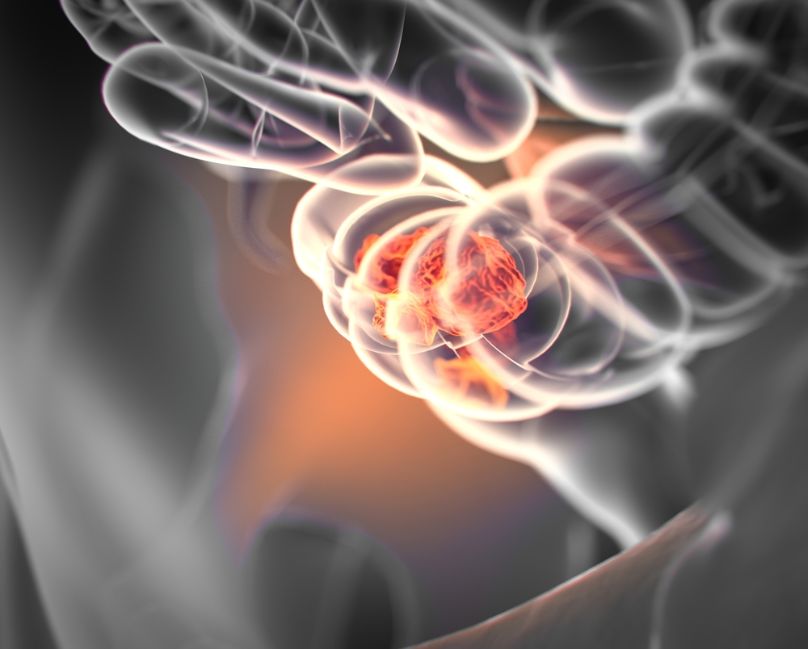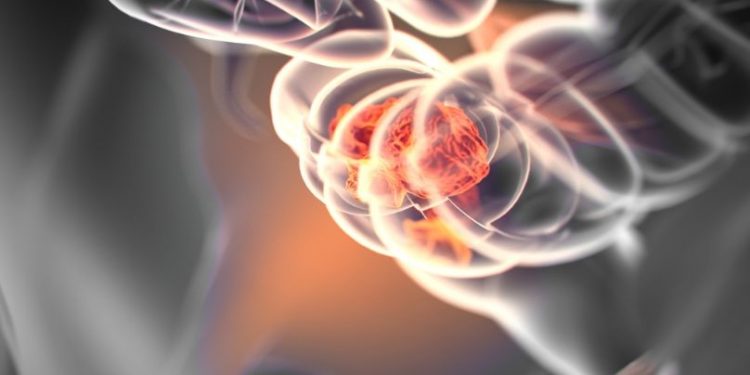The doctor uses tests to find out how large the cancer is and if it has spread to nearby tissues, such as the chest wall or the lymph nodes. This information is used to decide on your treatment. The staging system is called TNM (Tumor, Node, Metastasis). The T stands for the size of the tumor; the N stands for whether it has spread to nearby lymph nodes; and the M describes if the cancer has spread to other parts of the body.
If you have stage 3 breast cancer, it means that the abnormal cells have grown into your breast and surrounding tissue and may also have spread to nearby lymph nodes. If the cancer has spread to other parts of your body, you are in stage 4 of the disease.
Your doctor will use the TNM staging system to determine your treatment options. They will also look at the grading of your cancer, which refers to how abnormal the cells and tissue are. A lower grade suggests that the cancer is less likely to grow and spread. A higher grade suggests that the cancer is more likely to grow and spread.

At this stage, the cancer has usually spread to the lymph nodes that are close to the breast. The doctor will use an ultrasound scan to check the lymph nodes in the armpit (axilla) near your breast to see if they contain cancer cells. They will also check if the cancer has spread to your bones. If it has, you may need treatment with drugs to strengthen your bones, which is called bisphosphonates.
Whether you have stage 3A or 3B, your doctor will treat you with both local and systemic therapy. This means that you will have surgery and radiation to treat the area around your breast tumor, as well as chemotherapy or hormone therapy to destroy any cancer cells that have spread. You may also get other types of targeted therapies, which target cancer cells with specific traits.
Chemotherapy for Stage 3 cancers is typically given before surgery. This is called neoadjuvant chemotherapy. You will either take pills or have the drugs put directly into your veins. This is done in cycles, with time off between treatments to allow your body to recover. The type of chemo you receive will depend on the traits of your cancer, such as if it is HER2-positive or hormone receptor positive or negative. Your doctor will also consider your age and overall health when deciding what treatment to give you.









